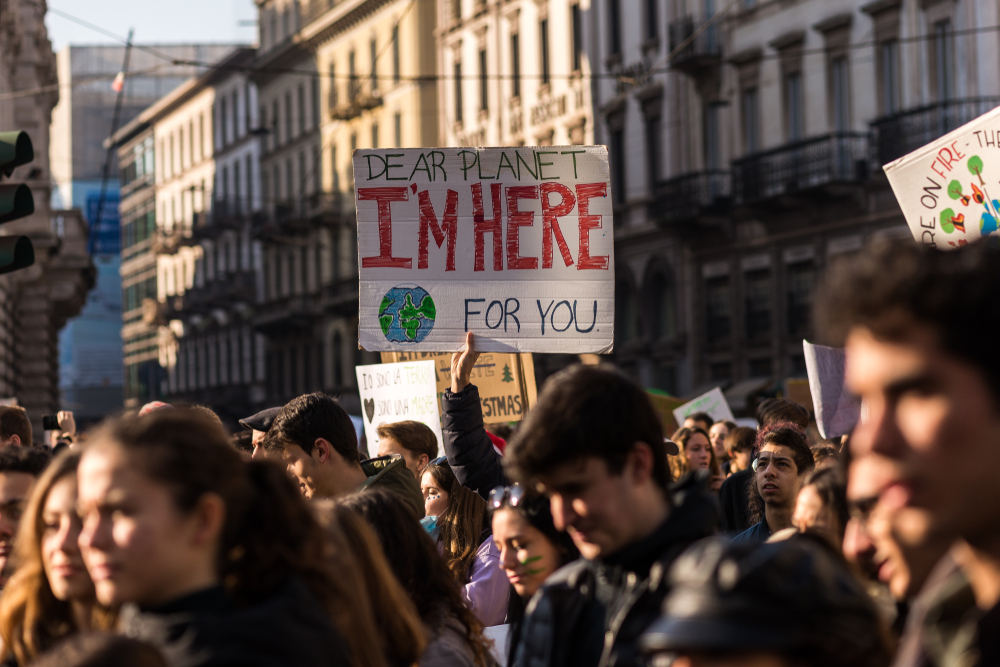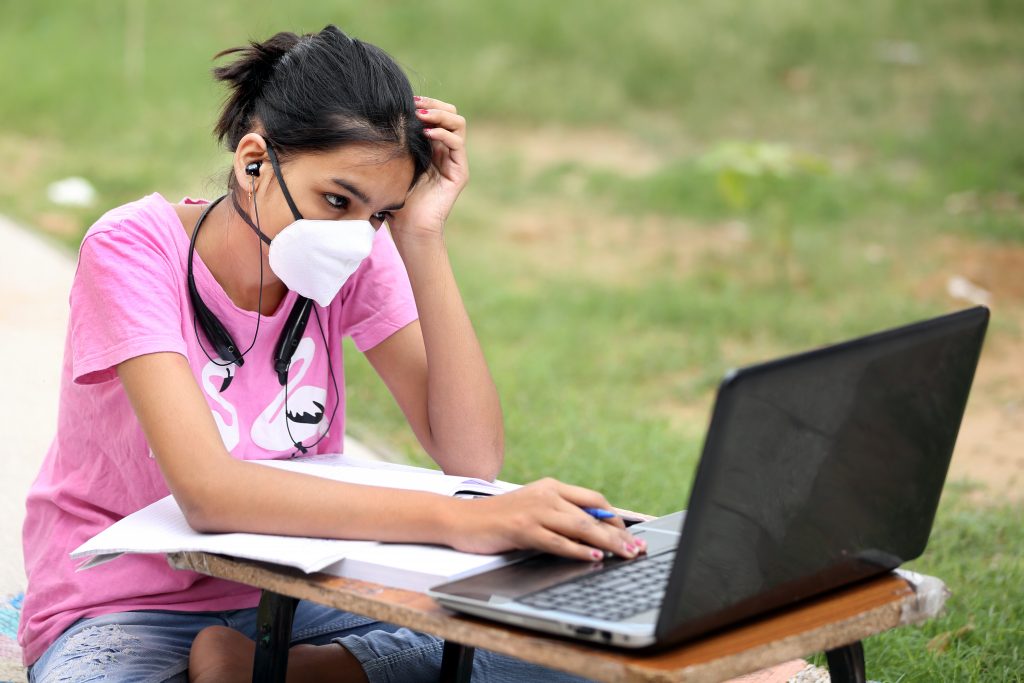We have reached a moment of potential transformation in adult education. We need to seize it, argues Paul Stanistreet

The next year will be formative for the field of adult learning and education (ALE).
Preparations are underway for the seventh International Conference on Adult Education (CONFINTEA VII), in all likelihood in summer 2022. Meanwhile, the fifth Global Report on Adult Learning and Education (GRALE) is being finalized, to be published in late spring next year. Add to this UNESCO’s Futures of Education commission, which will report at the end of this year, and the fast-approaching midway point in the 2030 Agenda for Sustainable Development, and it is clear that this is a moment of potential change in education, and in adult education in particular, which I believe we need to grasp. The enormous challenges presented by the COVID-19 pandemic, the changing work environment, demographic shifts and, most critically, the climate crisis, mean that more of the same is no longer an option we can responsibly pursue. Continue reading

